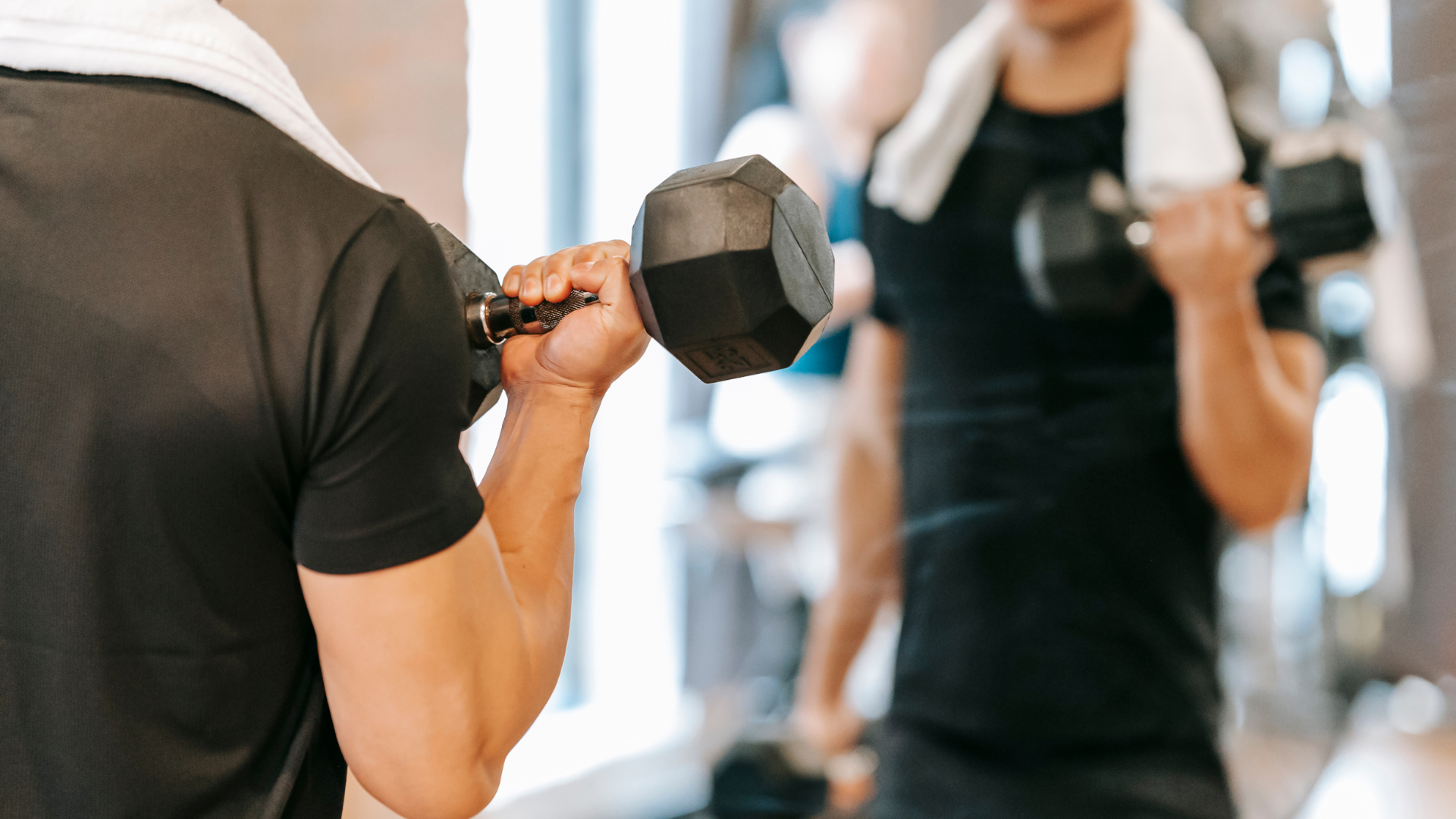
Did you know that consuming protein after your workout can significantly enhance muscle recovery? When you exercise, especially during strength training, your muscles experience tiny tears that need to be repaired. By including protein in your post-workout meal, you provide your body with the essential building blocks it needs to rebuild and strengthen your muscles. Consuming extra protein after exercise can help muscles recover faster and more efficiently. But let's dive deeper into why and how this happens, and I'll add a creative twist to keep things interesting.
Table of Contents
- The Science Behind Protein and Muscle Recovery
- How Much Protein is the Sweet Spot?
- Timing is Everything… or Is It?
- Best Protein Sources for Recovery
- Power Combo: Protein + Carbs = Better Recovery
- Is Too Much Protein Harmful?
- Beyond Protein: The Full Recovery Package
- Final Thoughts: Your Muscles Are Hungry—Feed Them Right!
The Science Behind Protein and Muscle Recovery
Imagine your muscles as tiny factories. When you work out, especially during weightlifting or resistance training, you cause controlled damage to these factories (microtears in muscle fibers). This damage triggers a rebuilding process, which is where protein comes in—it acts like the bricks and mortar needed to repair and expand these muscle factories.
Here’s how it works:
- Protein provides amino acids: After exercise, your body craves amino acids, the building blocks of protein, to repair and grow muscle tissue.
- Muscle protein synthesis (MPS): After a workout, MPS increases, but it needs enough protein to be effective. Consuming protein after exercise accelerates this process, helping your muscles recover, grow, and get stronger faster.
How Much Protein is the Sweet Spot?
Think of post-workout protein like fuel for your recovery engine. To power that engine efficiently, most people need about 20-40 grams of protein after exercise, though this depends on body weight and activity level. Too much protein? It’s like trying to fill an already full gas tank—it won’t make your muscles recover any faster, and the excess can end up stored as fat or simply excreted.
Timing is Everything… or Is It?
The “anabolic window” myth suggests that you have a narrow time frame—about 30 minutes after exercise—to consume protein for maximum benefits. While consuming protein soon after your workout can be beneficial, research shows that the window may actually be wider. You can still benefit from protein intake several hours post-exercise, especially if you spread your intake throughout the day.
Pro tip: Spacing protein intake (every 3-4 hours) rather than eating one large meal can provide a continuous supply of amino acids, keeping your muscles in “repair mode” for longer.
Best Protein Sources for Recovery
To truly feed your muscles, you want high-quality protein sources, both fast-digesting and nutrient-rich. Here are some options:
- Whey protein: Quickly absorbed and packed with essential amino acids. Great for an immediate post-workout shake.
- Lean meats: Chicken, turkey, and fish offer complete protein profiles for muscle recovery.
- Plant-based proteins: Quinoa, lentils, and soy products are excellent choices for vegans or those looking to diversify.
- Greek yogurt and eggs: Convenient and versatile, both are excellent sources of muscle-repairing protein.
Power Combo: Protein + Carbs = Better Recovery
While protein is the MVP of muscle recovery, don’t forget the support team—carbohydrates. After exercise, your muscles are depleted of glycogen (their stored energy). Eating carbs along with protein helps replenish these stores and boosts recovery.
Aim for a 3:1 ratio of carbs to protein if you’ve done endurance activities or high-intensity workouts. Think of it like rebuilding your muscle “batteries” while fixing the damage.
Is Too Much Protein Harmful?
Excessive protein, especially from supplements, isn’t always better. Overconsumption can:
- Cause digestive issues like bloating or gas.
- Stress your kidneys, especially if you have pre-existing kidney conditions.
Remember, balance is key. Focus on getting the right amount for your activity level and body size.
Beyond Protein: The Full Recovery Package
Protein is only one piece of the puzzle. To truly maximize recovery, here’s what else you need:
- Sleep: Your muscles repair and grow most during deep sleep, so aim for 7-9 hours a night.
- Hydration: Water is crucial for transporting nutrients to your muscles, so keep hydrated, especially after intense workouts.
- Balanced Diet: Make sure you're getting a variety of nutrients—vitamins, minerals, and healthy fats—to reduce inflammation and support overall muscle function.
Final Thoughts: Your Muscles Are Hungry—Feed Them Right!
Think of post-workout protein as the superpower that speeds up your muscle recovery. By fueling up with the right amount of protein, along with carbohydrates and proper hydration, you’ll ensure your body bounces back faster, gets stronger, and stays primed for the next challenge.
So, next time you finish a workout, treat your muscles like a well-tuned machine: top it off with quality protein, and watch how fast you rebuild and recover!



Leave a Reply
You must be logged in to post a comment.